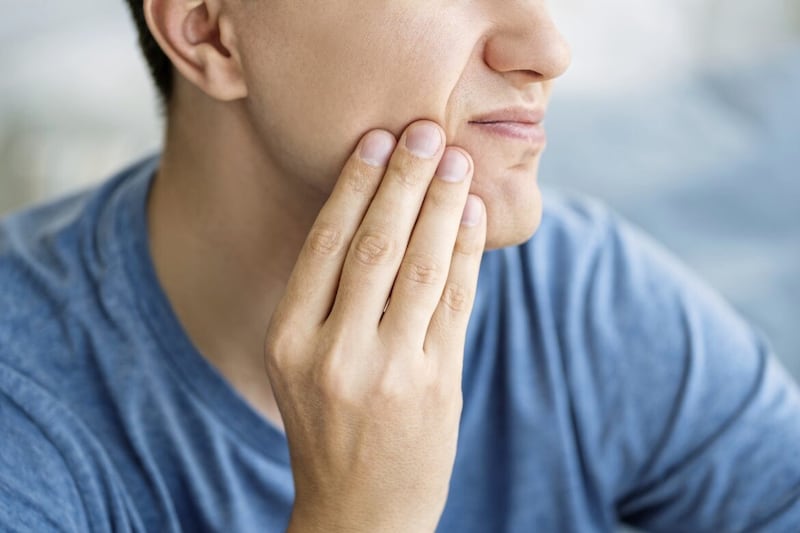SMELL and taste "are in fact but a single composite sense, whose laboratory is the mouth and its chimney the nose..." So wrote Anthelme Brillat-Savarin, a French lawyer and politician. He was not a chef but he has been one of the most influential food writers of all time. He wrote the world's first ever book on gastronomy in 1825.
What is generally categorised as "taste" is basically a bundle of different sensations. It’s not only the qualities of taste perceived by the tongue, but also the smell, texture and temperature of a meal that are important. Only after taste is combined with smell is a food’s flavour produced. If the sense of smell is impaired – by a stuffy nose, for instance – perception of taste is usually dulled as well.
You have up to 10,000 taste buds, spread over your tongue, mouth and throat. Each taste bud contains up to 100 taste receptor cells, which respond to different substances in your food. Tastes are traditionally divided into four categories: salt, sweet, bitter, sour or umami – the flavour common to savoury products such as meat.
Taste and its role in the enjoyment of food is something that many of us take for granted. However, if your sense of taste is not in order it can have a massive impact on your life, day to day.
Tongue dysgeusia is a taste disorder that manifests as a lingering, unpleasant sensation in the mouth. People who experience a taste disturbance often report having a frequent foul, rancid, metallic, or salty taste perception.
Most people only experience impaired taste temporarily. It’s very rare to lose your sense of taste completely. The condition has been attributed to physiologic changes in the body, certain diseases, vitamin deficiencies especially zinc, prescription medications and cancer treatment.
It is estimated that about 75 per cent of people over the age of 80 have impaired taste due to the normal process of ageing. Most people who think they have a taste disorder actually have a problem with smell. So, an accurate assessment of your altered taste will include a physical examination of your ears, nose, and throat by your doctor.
Your dentist can examine all your teeth and soft tissues. Any necessary treatments can be carried out to help you attain a fresh mouth by removing any sources of infection or food traps.
Many people believe that they are cleaning their mouth properly; however, it’s actually not effective enough for the teeth and gums to respond. The dental team can show you how to look after your teeth and gums effectively.








